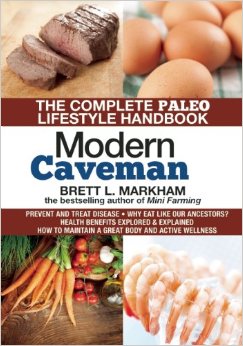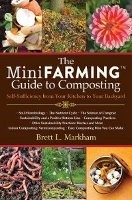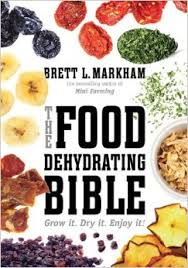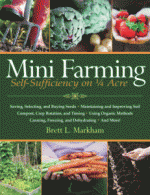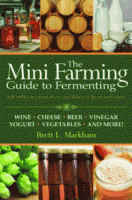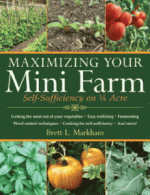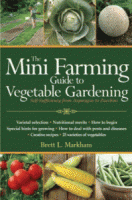As a source of protein, objectively speaking, there’s nothing wrong with eating horse in preference to cow or pig. Horse meat contains twice as much iron as cow meat, a whopping THIRTY TIMES more healthy Omega-3 fatty acids and twice as much vitamin B12. Plus, it carries no risk of mad cow disease. (1)
So I’m certainly not telling you not to eat horse if you are so inclined.
The problem is that you have a right to know what you are eating, and a huge scandal has recently gripped Europe where it was found that everything from Burger King Whoppers to frozen dinners advertised as beef really contained horse. (2)
At issue here is the fact you cannot always trust what other people say, particularly when there is a financial motive involved. Ultimately, sales is sales and selling a used car or whole life insurance is not much different than selling a burger or organic food. Sales and marketing are complex fields that invest untold millions into studies that improve the manipulation of human perceptions and behavior in order to separate people from their hard-earned cash.
There is a reason why so many boxes in the cereal aisle are yellow: yellow boxes appear bigger. Cynical? Not me — I’m not the guy who decided to make them yellow after studies showed people would perceive yellow boxes to contain more product even when they contained less. When you get a chance, check out a “one quart” jar of tomato sauce in the grocery store and you’ll quickly notice it is shaped to appear like a quart jar but has been downsized to contain only 28 or even 24 ounces of product.
The people who make the food in stores are not in the business of improving either your health or your budget. They are in the business of making money. There’s nothing wrong with making a buck, but it makes sense to realize that there are times when your family’s interests and those of a global food conglomerate do not converge.
As the horse meat scandal proves, even in countries with incredible levels of government regulation and punitive laws, “compliance” is largely a matter of hiring accountants, clerks and lawyers to fill out forms and paperwork and very little ACTUAL oversight takes place. Mostly these regulations serve to create barriers to entry that keep small operators from competing and protect the profits of existing large operators rather than actually keep people safe.
The National Organic Program in the United States is much the same. The standards are incredibly strict, and certification requires the payment of fees (sometimes quite substantial fees), the filing and maintenance of tons of paperwork regarding farm methods and provenance of materials and even a walk through inspection. But what it does NOT require is testing of the soil to make sure the farmer doesn’t have a bucket of malathion or carbaryl out back that he uses when the walk through is over. In other words, compliance with the standards is, in effect, little more than paperwork and a walk-through inspection from a person whose paycheck is made possible by the issuance of organic certifications.
No doubt, the overwhelming preponderance of organic producers really are in compliance because they are conscientious individuals committed to both the spirit and letter of the National Organic Program. Just like most cow meat in Europe comes from cows instead of horses and I’m sure you can usually trust that Burger King’s burgers are made from cows. But there is no guarantee. And there is even LESS of a guarantee when you consider that this time of year most organic produce is literally flown in from countries in Asia and South America. The governments of most of these countries make a disturbingly regular habit of “disappearing” people simply for the opinions they hold — so how much can you trust that the produce exported is really organic? There are no protections for whistle-blowers in such places.
What’s my point?
My point is that YOUR self interest and that of your family does converge. There is no competing interest where maybe you can squeeze out an extra dime of profit by lying to your kids about what you spray on your garden or what you feed your chickens. Your supply chain is simple and easily seen and understood: from your garden to your kitchen. You see it all and understand it all.
You can’t and shouldn’t live your life in a state of perpetual paranoia. That would be paralyzing. But what you should do, as much as possible, is ascertain the business ethics of entities from whom you purchase goods and services and, as much as practical, make and supply your own. I have no opinion over whether or not a person should eat horse. But I believe that if you are going to eat horse, or malathion or anything else, you should know that’s what you are doing.
(1) http://science.kqed.org/quest/2011/01/07/how-nutritious-is-horse-the-other-red-meat/
(2) http://www.cnn.com/2013/02/09/world/europe/uk-horsemeat-probe/index.html
Filed under: Self-Sufficiency


